Cosmetic oils for face and hair: tips for choosing and using
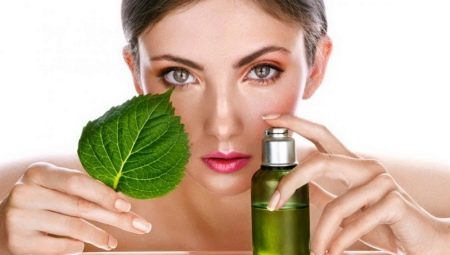
The life-giving power of natural oils has been known in history for a long time. Even in ancient Egypt, the pharaohs and their wives used them. Modern cosmetology uses these unique nourishing products for skin, hair and nails care. They are quite effective, but at the same time much cheaper than industrial means. The only factor is the correct selection of oil for compatibility and individual tolerance.
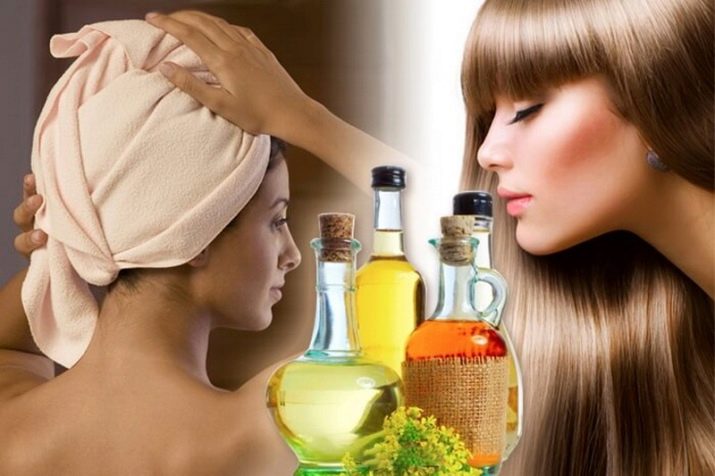
Varieties
Any cosmetic oil differs from food oil in that it is not heat-treated. It is obtained by cold pressing and high filtration efficiency. Thanks to this technology, all natural characteristics and unique medicinal properties are preserved in oils.
Seeds, fruits or kernels are usually used as raw materials for their production. Since these parts of plants have the highest concentration of nutrients, the oils obtained from them are saturated with phospholipids, phytostyrene, vitamins and other biologically active elements that are well absorbed by the human body.
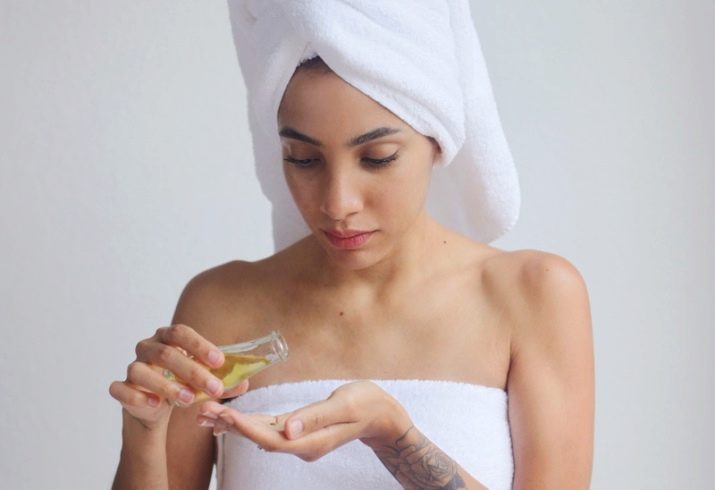
The cosmetic effect of each product is unique and depends on the source.
Cosmetic oils are of mineral or vegetable origin, natural or synthesized, essential or enriched with other components.
A distinction should be made between cosmetic and essential products. They have significant differences that are taken into account when used.
The former are independent and ready-to-use means, the latter cannot exist without the former, since they are a concentrated mixture of volatile substances with a strong odor.Essential components require a fatty vehicle in which they dissolve. For example, the base oil for the face can be infused with different esters to create unique fragrance compositions with different effects.
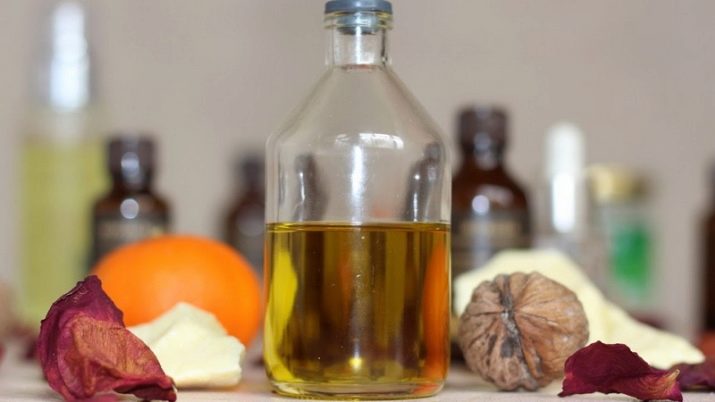
In addition to volatile and fatty oils, there is a type of solid oil called butters. They have a dense consistency at temperatures up to +30 degrees. Creams, scrubs and soaps are made from them.
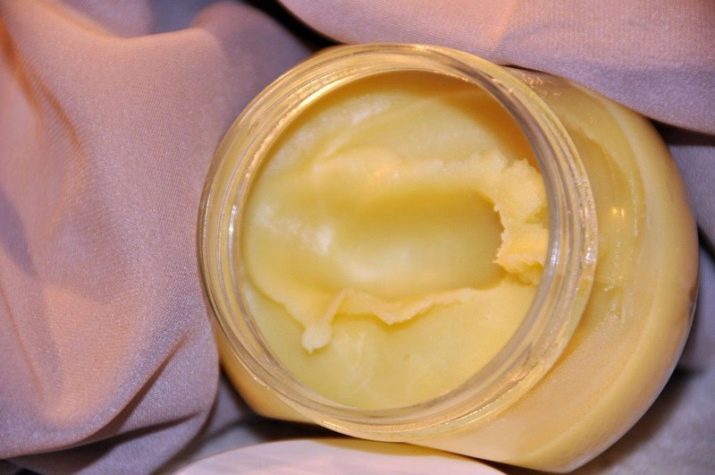
The basic types of oils are those on the basis of which various cosmetics are prepared. They can be mixed with each other, ethers or butters can be added to create unusual compounds with unique properties.
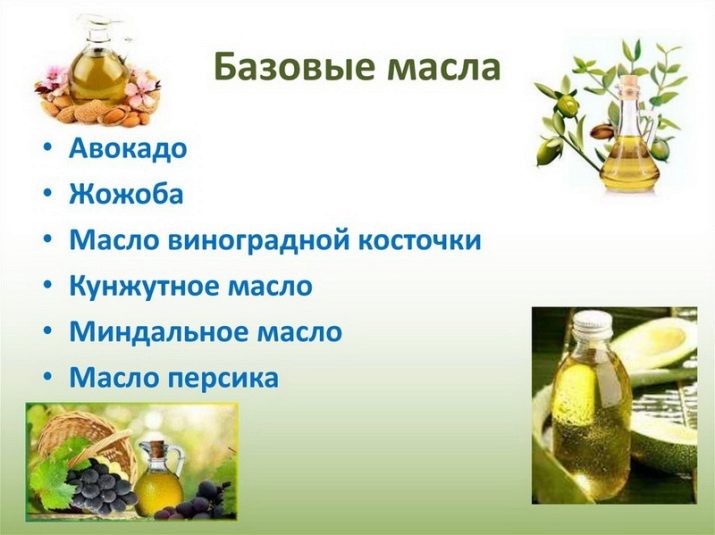
Avocado oil is produced from the fruits themselves, for which they are pre-dried. The product soothes irritated areas, relieves redness, eliminates flaking, which perfectly restores damaged dry skin. In addition, avocado oil has a protective effect against UV rays. Since the structure is similar to subcutaneous fat, it is well absorbed, therefore it is often used as the base of various complex mixtures. Cosmetologists advise mixing it with apricot, peach and grape seed oils.
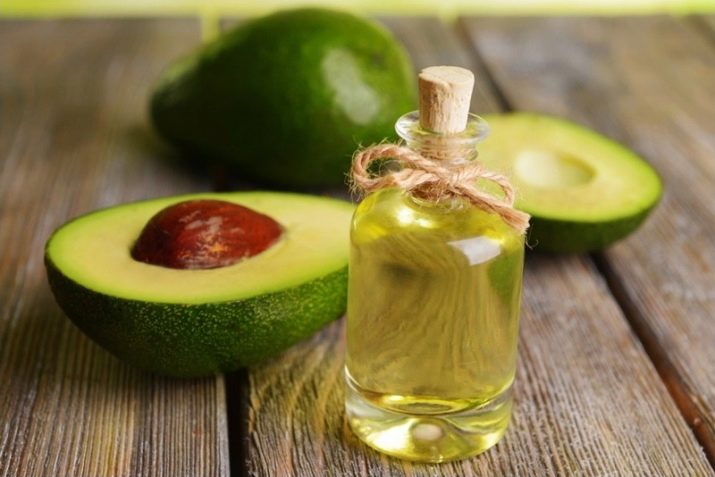
Peanut butter is unique in that it can be consumed internally and externally. It has a soft texture and neutral pH, therefore it revives sore skin, softens it and saturates it with moisture. Suitable as a vehicle for essential oils.
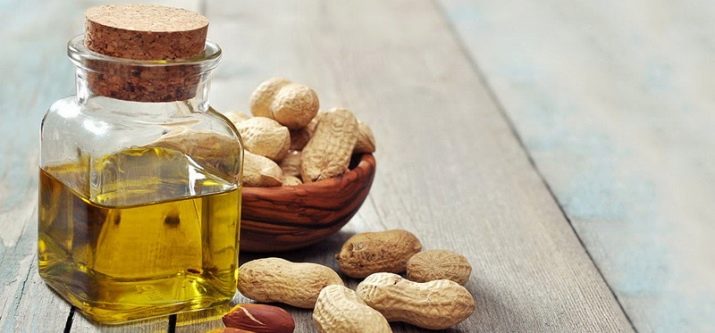
Argan oil is the most expensive oil in the world. Its price is due to the cost of raw materials - argan fruits, which grow only in Morocco. The tree is valuable and rare. The main and most useful components in the composition of the oil are tocopherol and polyphenol. When paired, they are able to activate regenerative processes at the cellular level, which contributes to the restoration of hair structure, their growth and improvement in appearance. As a product for the face, it has a nourishing and tonic effect, tightens the contour, smoothes fine wrinkles. Lightweight, non-greasy texture suitable for use on all skin types. A significant disadvantage is the high cost, as well as a large number of fakes.
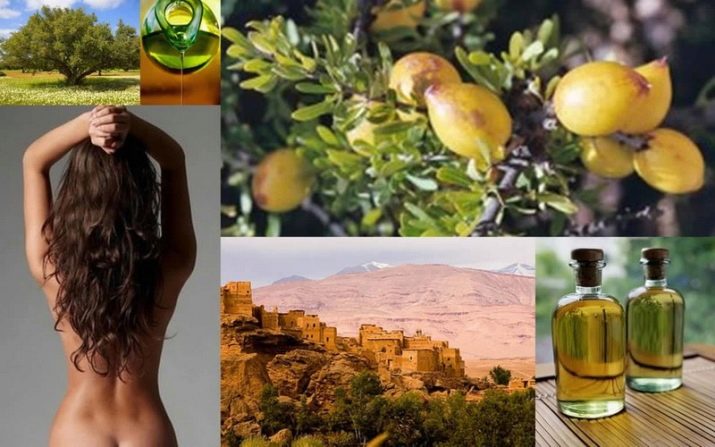
Coconut contains substances, for example, thiamine, which are necessary for hydration, elasticity of the aging skin of the face and neck, and cell regeneration. The product has a fairly dense consistency, therefore, when applied to the hair, it is evenly distributed. This protects against ultraviolet radiation and various mechanical influences. Cosmetologists do not recommend prolonged exposure to oil on the skin, so the excess should always be removed, but it can be kept on the hair for a long time.
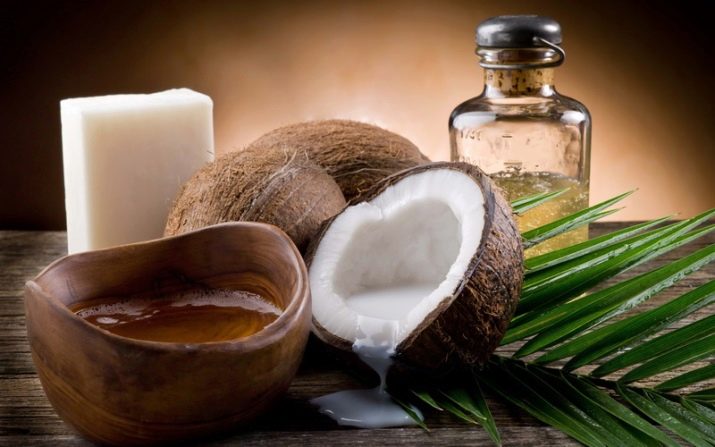
Castor is most commonly used as an antibacterial. Many people know that it can help reduce freckles, as it whitens the skin. A useful product for the care of hair and eyelashes: it strengthens, increases their density, density and ensures rapid growth. It should be remembered that castor oil is very viscous, which makes it difficult to wash off.
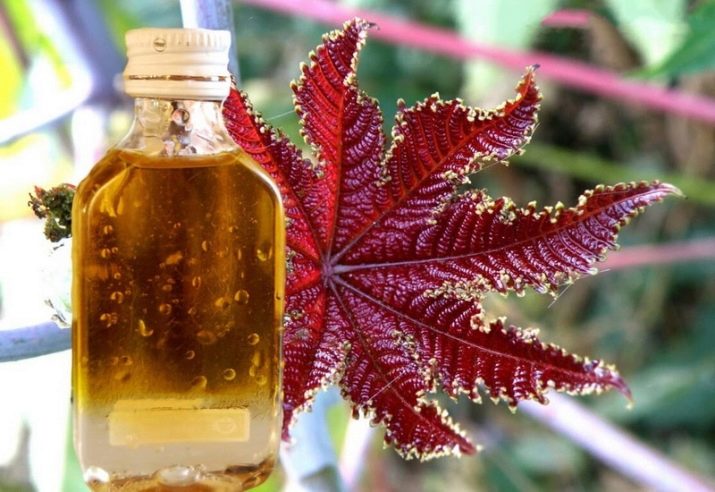
Macadamia oily liquid is obtained from the nuts of the plant of the same name. Since the halo of its growth is limited, the fruits themselves and the products obtained from them are not cheap. This explains the large number of counterfeits of this oil extract on the market. Micro- and macroelements, fatty acids and proteins that make up the cosmetic oil are able to regulate blood circulation, cleanse pores, and normalize the water balance of the skin. Suitable for hair, reduces the rate of graying, restores the lost shine and elasticity. Macadamia oil-based product mixes well with light esters.
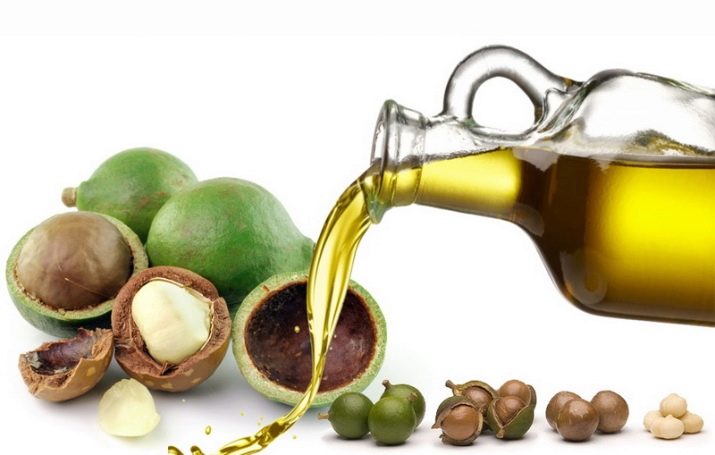
Olive is the most popular and widely used oil available for its price. It is used as a base for home and factory-made cosmetics.It perfectly copes with the resuscitation of hair heavily damaged by thermal styling, moisturizes dry chapped lips, and evens out skin color. However, cosmetologists complain about its excessive fat content, which causes poor absorption and the presence of a film on the surface of the dermis and, as a result, clogged pores.
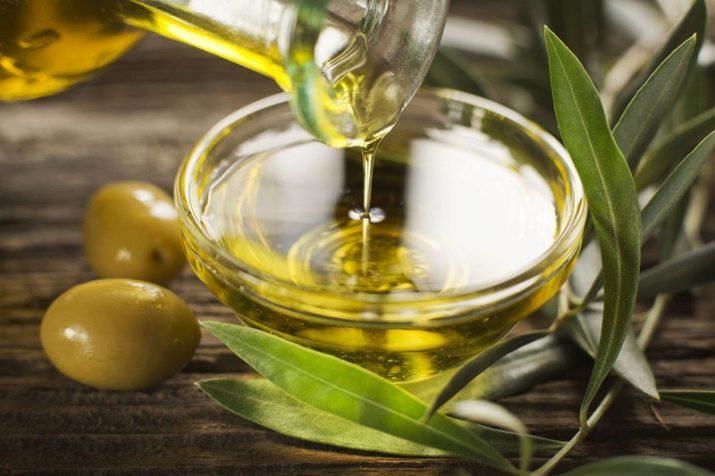
Shea (shi) is a favorite product of cosmetologists. The raw material for the butter is shea tree seeds. The plant product obtained after pressing has a dense texture, similar to solidified paraffin, and a pleasant delicate nutty aroma. The shade depends on the production method. When using the homemade method, the oil is usually yellowish or creamy; when it is industrially pressed, it has a bright white color. The product is 80 percent saturated with triglycerides, therefore it is a source of energy for cells, activates their vital activity. It also contains unsaponifiable fats, which are responsible for collagen production and skin regeneration. Butter has an excellent effect on hair: it reanimates split ends, serves as a natural sunscreen filter. Before use, the oil should be slightly heated either by hand or in a water bath, then it will be easier to evenly distribute it.
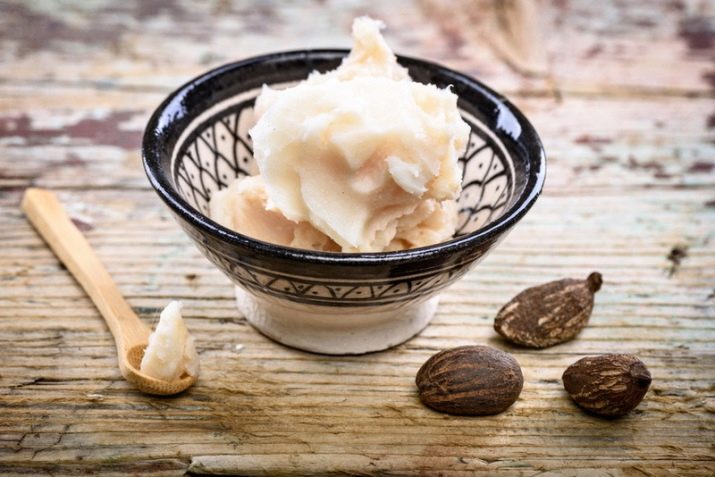
The grape seed remedy is appropriate for oily skin types. It tightens pores, stabilizes sebaceous secretions, makes the skin matte, restoring elasticity. Thanks to the antioxidants in the raw materials, the oil is used to cleanse and remove toxins. Its tightening properties are noted, making the flabby skin elastic. Unfortunately, there are many fakes of this product on the market, so you should choose it carefully and from trusted companies.
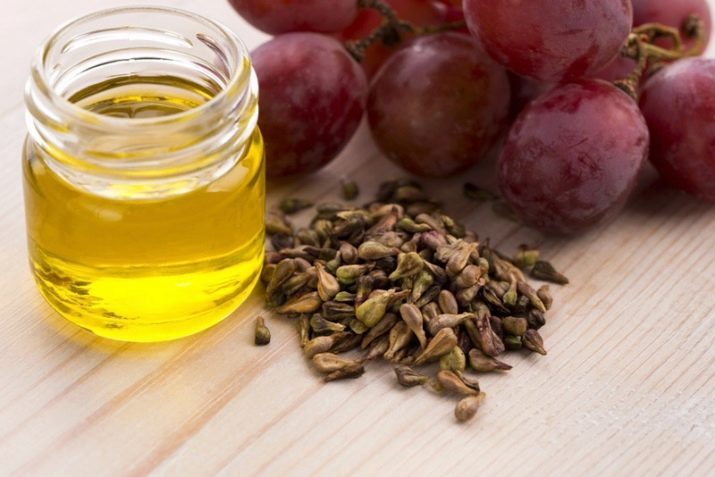
St. John's wort oil is targeted at oily problem skin. The active substances in its composition effectively fight acne, heal scratches and burns, and restore frostbitten skin. The tool is used as an antiseptic. Experts do not recommend people prone to allergies to use it in its pure form, it is too aggressive.
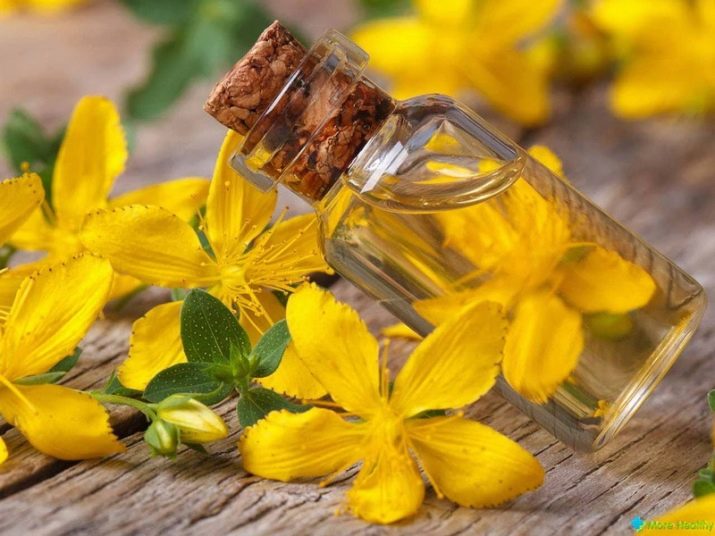
Black cumin oil is very popular in Arab countries, especially since they are the homeland of this plant. The substances contained in its composition have a beneficial effect on the skin and hair, stimulate recovery processes, soothe irritations, and normalize the work of the sebaceous glands. The use of oil helps to get rid of dandruff and reduce hair loss. The medicinal properties of black cumin are indicated for the treatment of acne and purulent inflammations, the elimination of toxins, and the narrowing of pores. Since oil is powerful, it should be used with care, especially for those with sensitive skin. It is completely contraindicated for children, pregnant women and people who have undergone internal organ transplant surgery. As a rule, in its pure form, black cumin oil is rarely used and only for medicinal purposes. Among the disadvantages are a pungent smell and a high price.
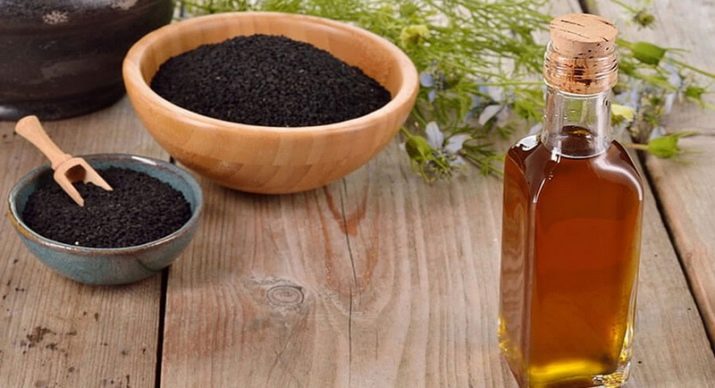
Apricot kernel oil is widely used not only in cosmetology, but also in dermatology. It is used as a baby to eliminate diaper rash and other rashes, as it has an anti-inflammatory effect. This property is also used in cosmetology. In addition, the peach remedy tones, softens and improves the complexion.
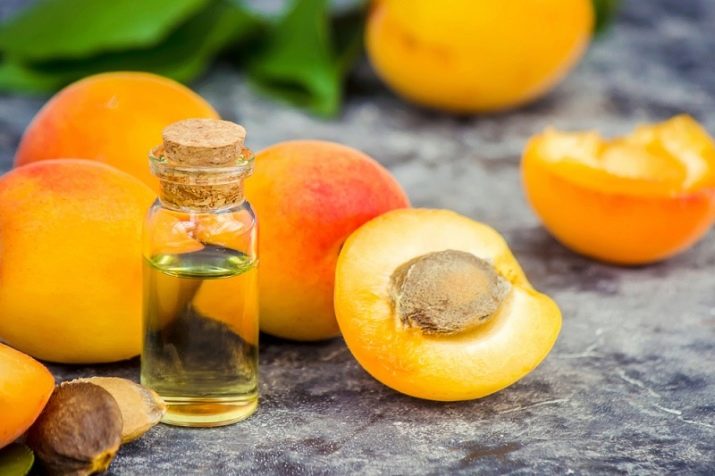
For the manufacture of jojoba oil, the fruits of the North American Simmondsia shrub are used. The finished cosmetic product belongs to the type of butters. It is fragrance-free, the texture is dense but light, so it is easy to wash off. To make sure that the oil is natural, just hold it in the refrigerator for a while. The natural remedy will acquire the consistency of wax in a few minutes. Hair after masks made from jojoba extract glows with lively shine, becomes soft, manageable, with a dense structure. When using the oil, the skin of the face shines, tightens, and is cleansed of redness and irritation.
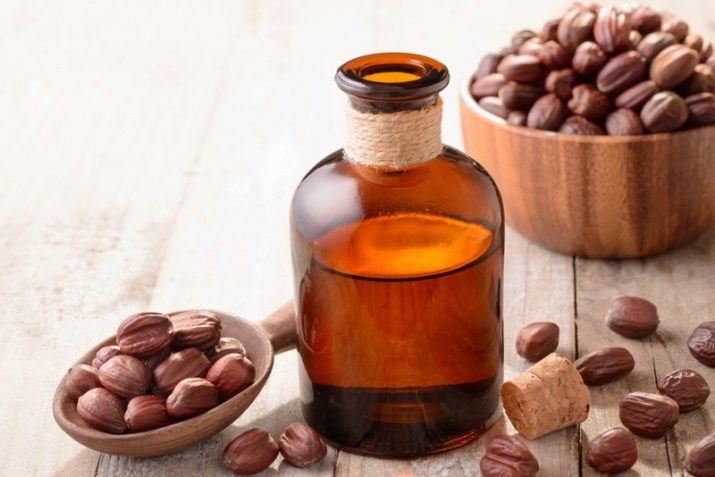
Calendula oil is one of the favorite and affordable products of domestic cosmetologists. It effectively treats teenage acne and inflammation problems. In addition, the agent is able to eliminate rosacea - the vascular network on the face.
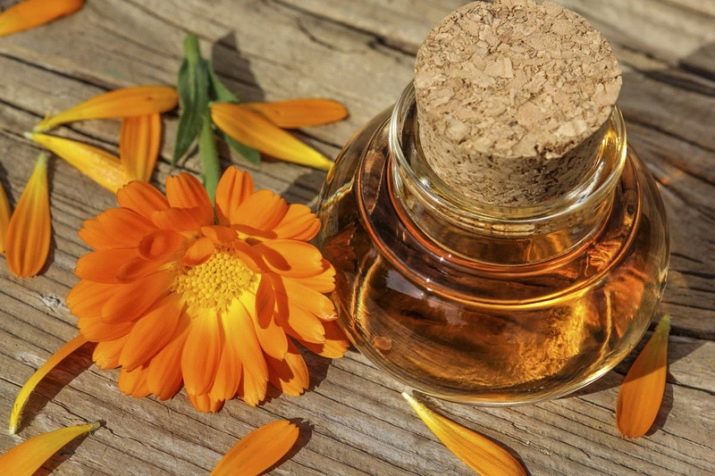
Wheat germ remedy is unique in its penetrating power. Usually it is not used in its pure form, but various cosmetic compositions are created on its basis. Due to its natural characteristics, the oil removes toxins, smoothes expression lines. It is recommended for skin inflammations and wounds, as it triggers the regeneration processes.
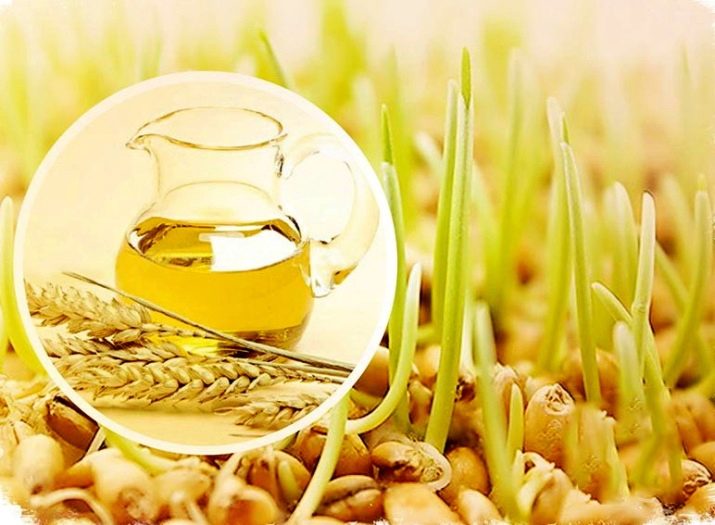
Cedar oil, according to some cosmetologists, has no analogues in its unique composition. It includes a wide range of vitamins, minerals and acids, which explains the increased resistance of the dermis to any effects of an aggressive environment. Acids accelerate wound healing processes, vitamins refresh the color and saturate with oxygen, so the skin after using it visually looks healthy and toned.
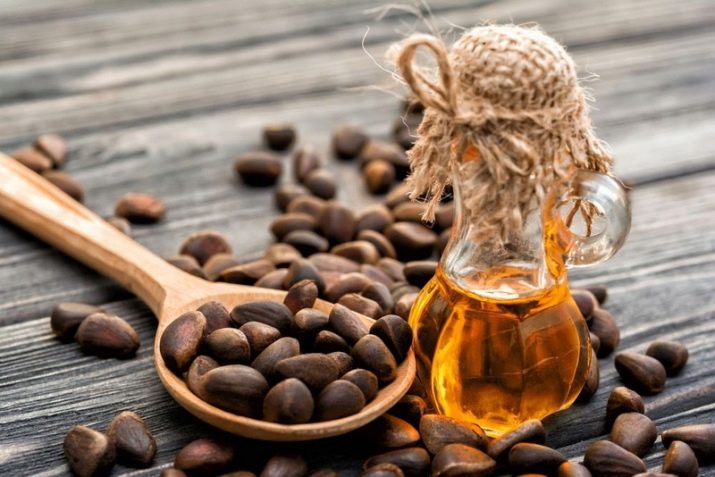
Sea buckthorn oil effectively fights skin diseases, eliminates and smoothes minor imperfections, in addition, brightens the face.
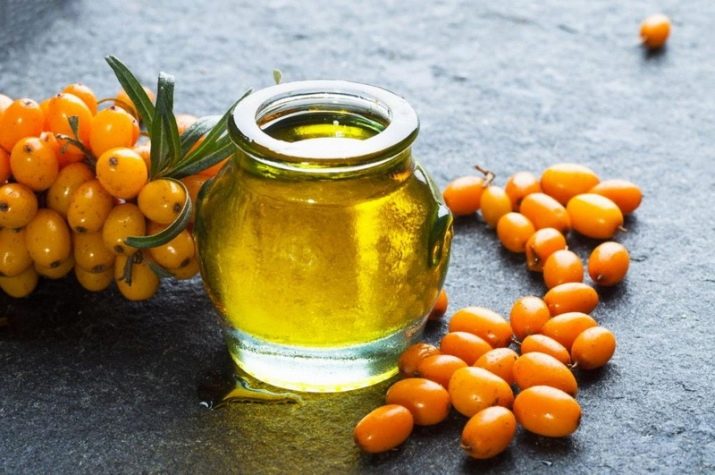
Peach seed oil is indicated for sensitive skin. It strengthens eyelashes, eyebrows, moisturizes dry lips. The delicate area around the eyes reacts faster than others to external influences and fades, the peach remedy is able to tighten and make it more elastic.
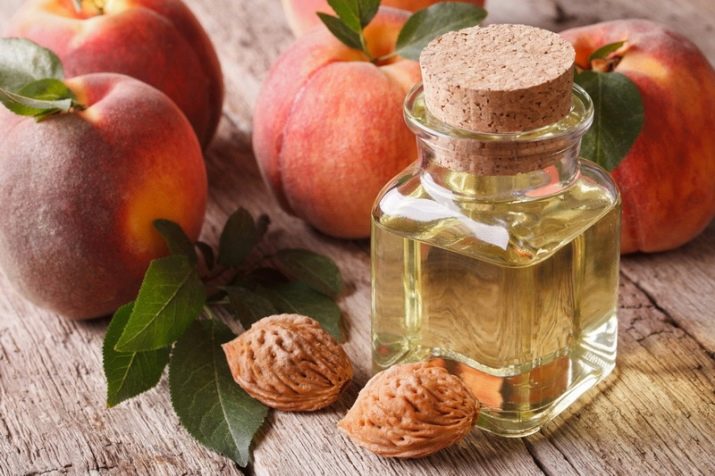
From the roots of such a weed as burdock, an oil of amazing quality is extracted by extraction. Since ancient times, Russian beauties have used burdock decoctions for hair care. To this day, burdock oil is famous for its regenerating and strengthening effect, destroys dandruff, improves the structure of the hair, and makes it thicker.
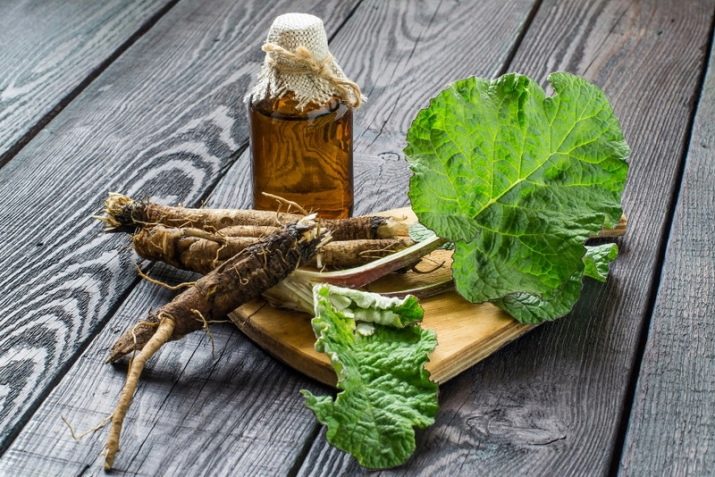
Recently, cosmetics based on exotic oils began to appear on the shelves more and more often.
Indian cosmetics have always been popular in our country and considered effective. One such natural remedy is amla oil. In India, women have been using it for hair care since ancient times. Since the cosmetic product is extracted from the fruits of the local emblica tree, it is cheap and affordable for any class there. It has a strengthening effect, nourishes, reduces the process of hair loss, hair becomes more luxuriant, thick and shiny. Outwardly, the oil has a dark green or olive color, it smells pleasantly of oriental sweets.
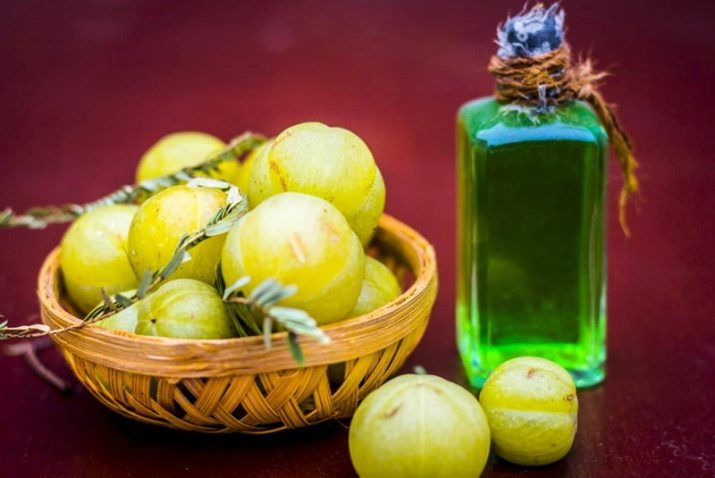
Another unique exotic remedy is babassu oil. In some of its characteristics, it is similar to the coconut counterpart. The raw materials for it are the nuts of the palm tree growing in Brazil along the shores of the Amazon. The uniqueness of the oil lies in the fact that it is identical in composition to the composition of human skin, therefore it is an excellent moisturizer and protective agent.
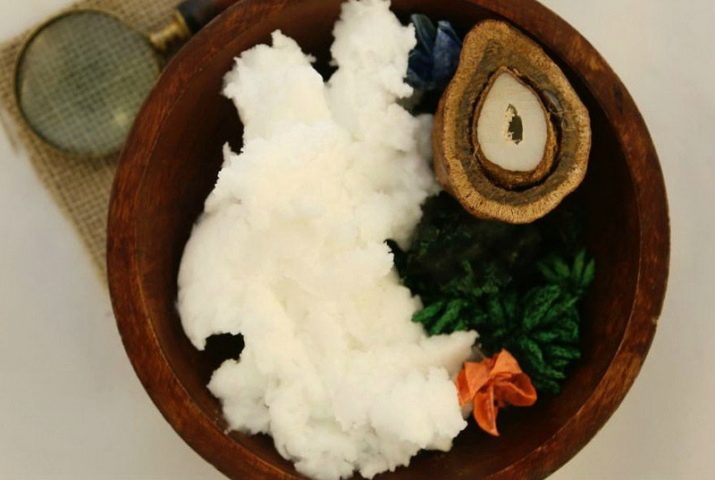
The fruits of the African elephant tree are a source of marula oil. It is widely used in their homeland, for which local women collect fallen fruits and remove seeds from them, which are squeezed out. The result is a bright orange or yellow oil. Surprisingly, the coloration does not show up on the skin upon application. The main effect is cleansing, since marula is a source of antioxidants. In addition, they note that the exotic oil is not allergenic, does not cause irritation and addiction even with prolonged use.
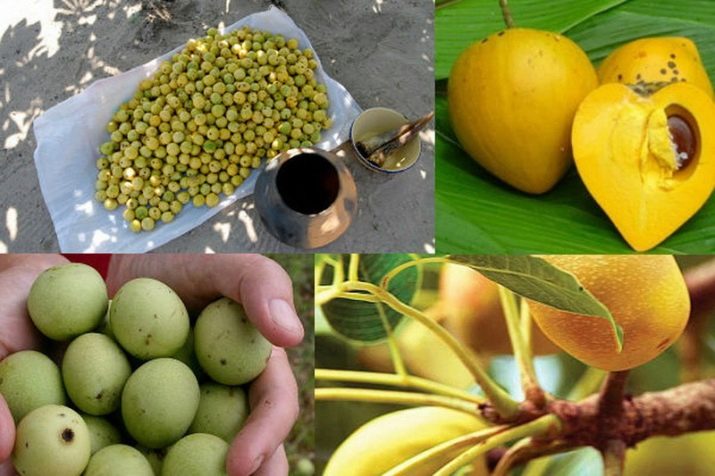
Another amazing remedy is Tamanu, a drug from the Alexandrian laurel, which grows in East Africa and Australia. Oil is squeezed out not only from the fruit, but also from the leaves of this tree. Its unique healing properties allow you to effectively fight skin blemishes. The ability to heal small wounds is used to repair stretch marks, cuts and scars. This characteristic is due to the presence of calophyllolides - natural antibiotics.In addition, the product is saturated with phospholipids, triglycerides, glycolipids, styrenes and steroids, which leads to a large number of unique characteristics: antiseptic, cleansing, moisturizing, toning, regenerating. Tamanu oil not only softens and nourishes the skin, but also relieves inflammation and can relieve wounds.
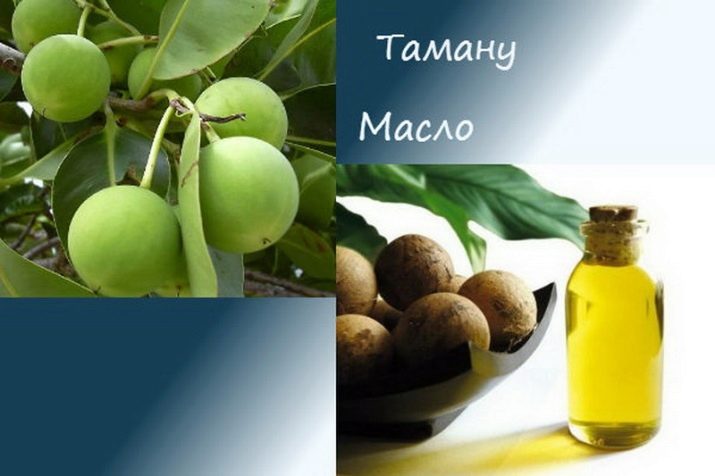
Few people know that saffron is not only a spice, but also a source of raw materials for a cosmetic product. The only clarification is that autumn-flowering crocuses are used for its preparation. Saffron oil is loaded with beneficial natural antioxidants and other immune-stabilizing substances. Thanks to their medicinal properties, inflammation is removed, acne and pustules go away, age spots are lightened, complexion improves, the skin becomes soft and velvety.
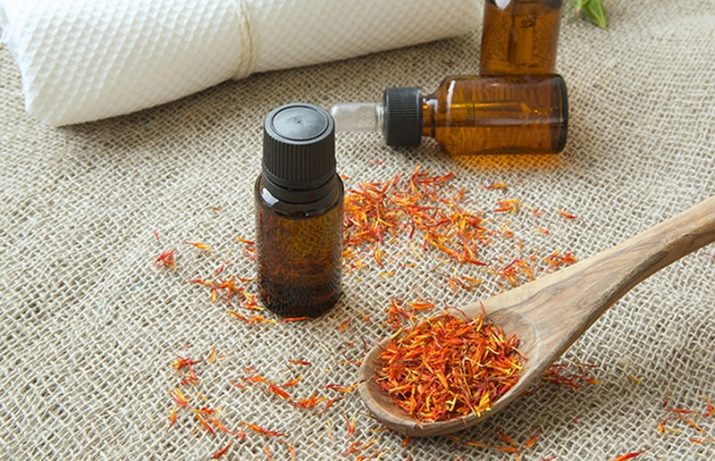
Rating of the best
In order to choose the highest quality cosmetic oil, you need to know where the plant from which it is made comes from. Each responsible manufacturer indicates on the packaging the country or region of production and collection of raw materials.
- Olive oils from Greece, Italy or Spain are considered the very best. They are produced by the Spanish firms Spar or Rafael Salgano, the Italian firms Filippo Berio, Raineri.
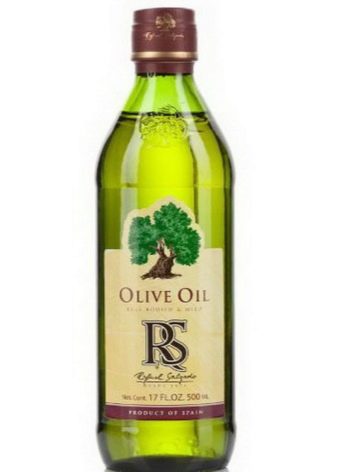
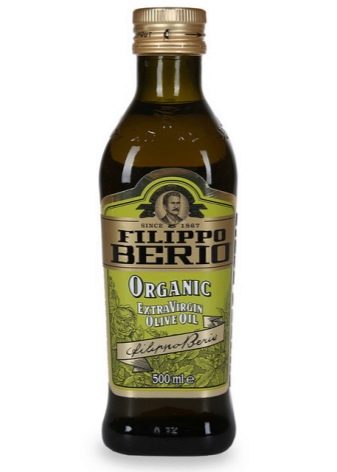
- Coconut should be taken from Indian (Baraka) or Taiwanese (Banna, Tropicana Oil).
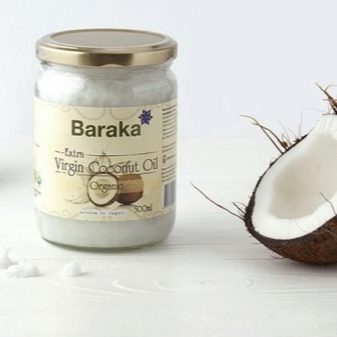
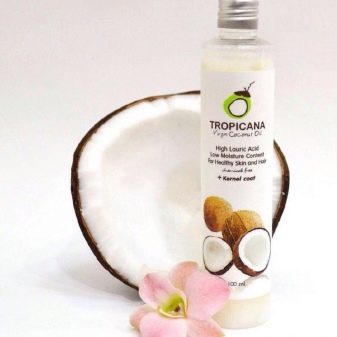
- Pumpkin is produced by domestic firms "Oil King" and "Aromas of Life", as well as Germans under the OleGut brand.
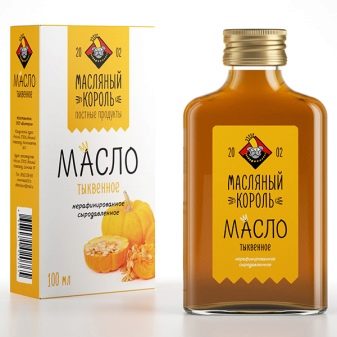
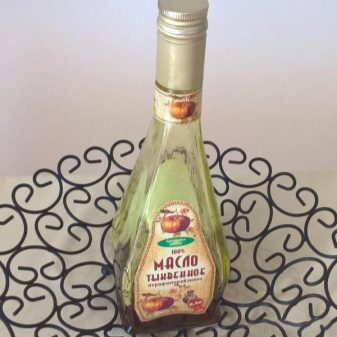
- Good grape seed oil never smells like grapes, but has a nutty flavor for the food industry and absolutely odorless for the cosmetics industry. Quality products are produced by the Russian companies Botanica, Oleos and Farmakom.
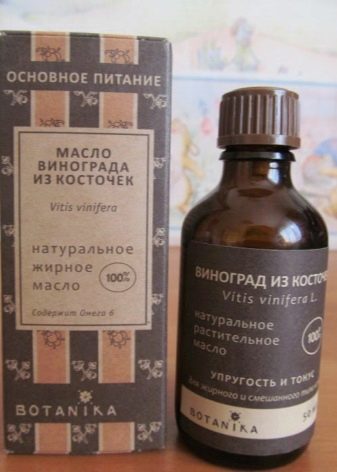
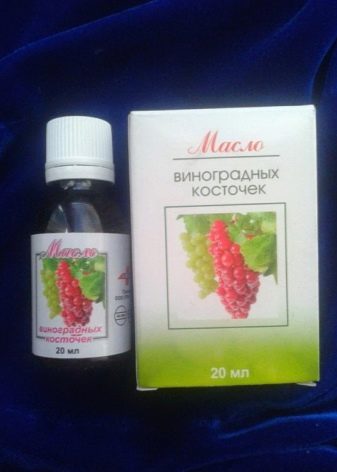
- It is better to buy ylang-ylang oil from Taiwanese, Filipino or from the Indonesian islands, because trees grow there, the flowers of which are used as raw materials.
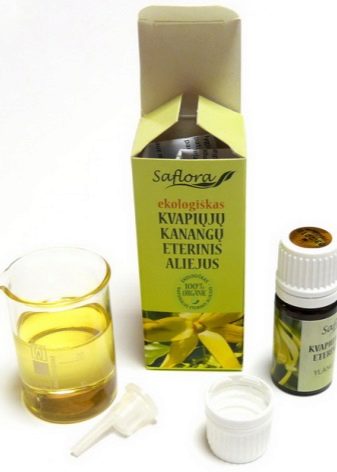
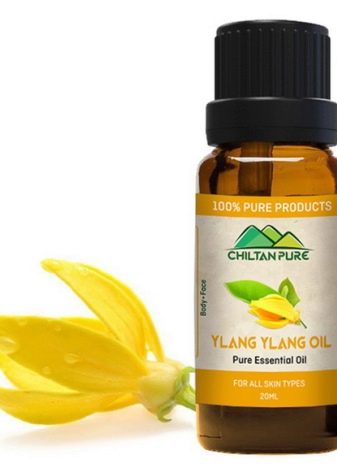
- The Slovenian company Alpstories is known for its natural oils. In particular, she produces one of the best hazelnut-based products.
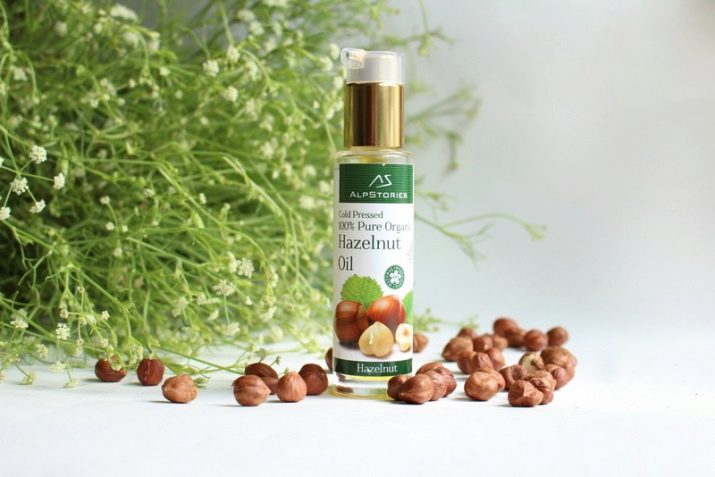
- The oil made from black cumin should be purchased from Arab manufacturers. The most famous brands are Elkarnak (Ethiopia), Cleopatra (Egypt) and Hemani (Pakistan). Among domestic manufacturers, it can be found in the assortment of TM "Kingdom of aromas" or "Spivak".
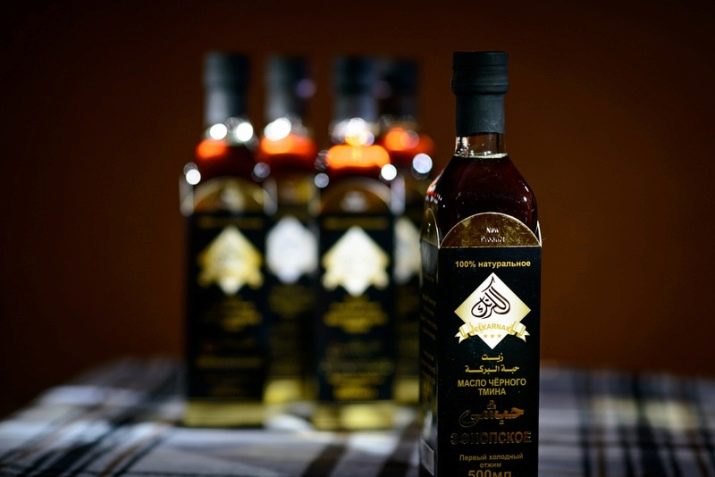
- Calendula. Since the plant has a large growing area, different countries can produce oil. But at domestic firms it is much cheaper. Among the manufacturers, one should highlight "Aromatika", Botanica, Lekus.
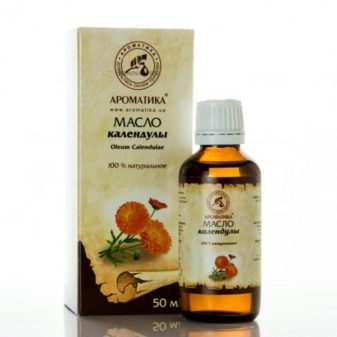
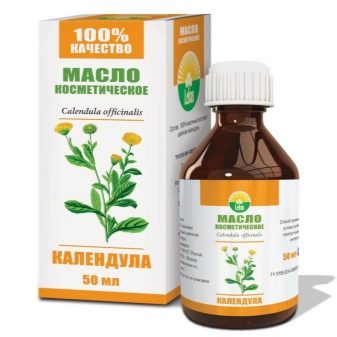
- Peach seed oil is relatively inexpensive and therefore non-tampering. This means that you can purchase a product from any company.
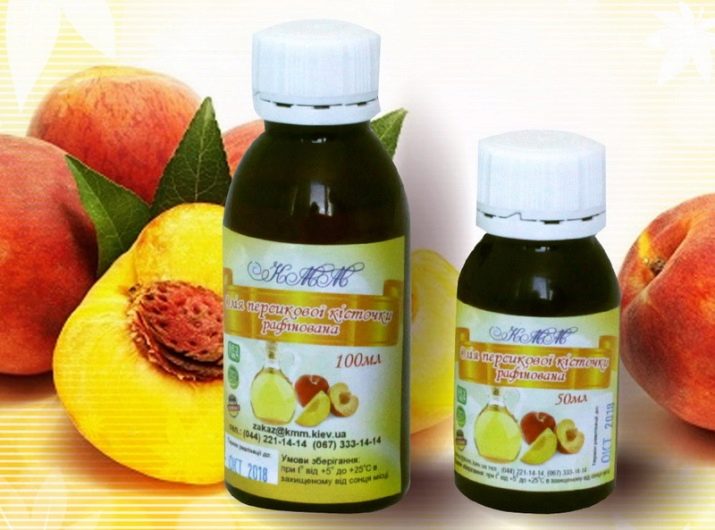
- Almonds have been used for the production of cosmetics for a long time. Its only drawback is individual intolerance. Among the companies producing almond oil are Russian Oleos (Moscow), Tsarstvo Aromatov (Crimea) and Galeno Farm (St. Petersburg).
You can list firms for an infinitely long time. The main rule is that it is better to choose cosmetic oil from those manufacturers in whose country raw materials are growing. Then it will definitely be good.
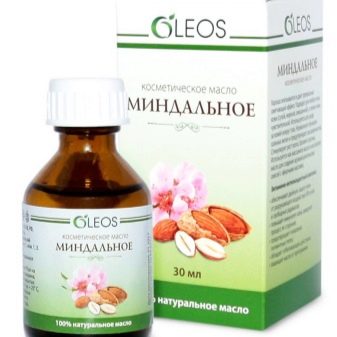
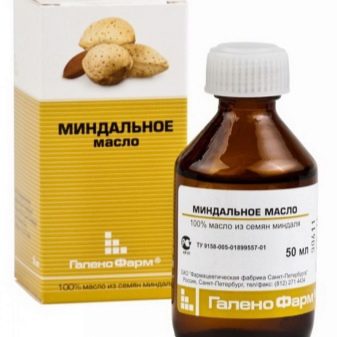
When choosing, it is better to focus on proven companies that have proven themselves for a long period of work in the cosmetic or medical industry, as well as customer reviews.
The following well-known brands often appear in the ratings of skin oils: Botanica, Mirolla, Lekus, Natural Oils, Farmakom, Aromatika, Cleopatra, Bergland-Pharma, Hemani, Spar, Baraka, Tropicana Oil, Alpstories and others.
Let's take a closer look at several domestic companies.
- "Spivak". The firm works with regular suppliers from countries with a raw material base, and buys raw materials from them in large quantities. Due to this, the manufacturer has the opportunity to “play” with the prices of the final product. For the sake of fairness, it should be noted that there is no expensive oil in the assortment of the company.Spivak offers quality products at reasonable prices.
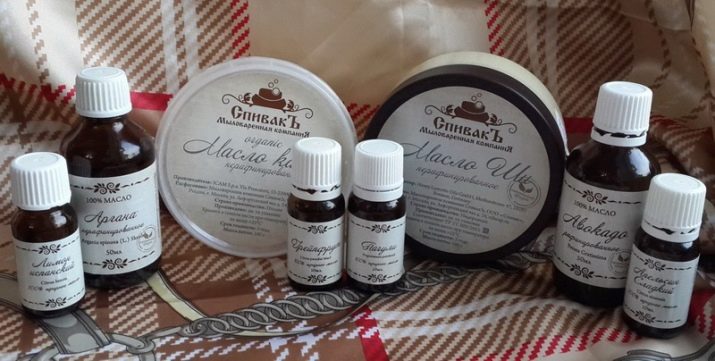
- Mirrolla. The company has a full cycle production. This means that the raw materials are grown in our own fields, the compositions are developed and tested in scientific laboratories, quality control is carried out, and there are regional dealers. The approach to prices is quite democratic, which makes the products affordable. Among the disadvantages, cosmetologists note that sometimes oils are not sufficiently concentrated.
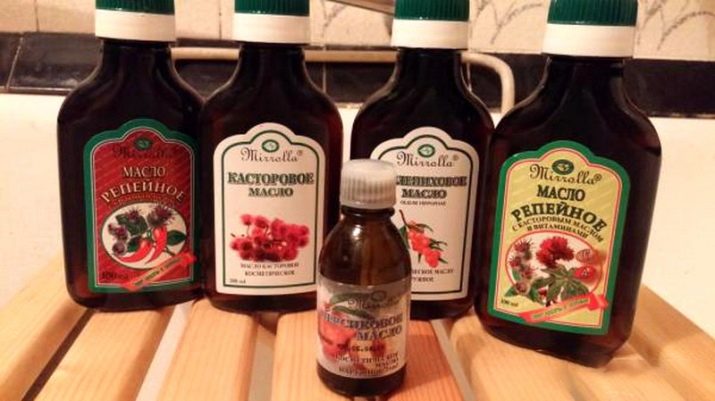
- Planeta organica - a brand of one of the cosmetic lines of the Roskosmetika company. Some oil mixtures and natural oils are produced at domestic sites, and some at foreign sites.
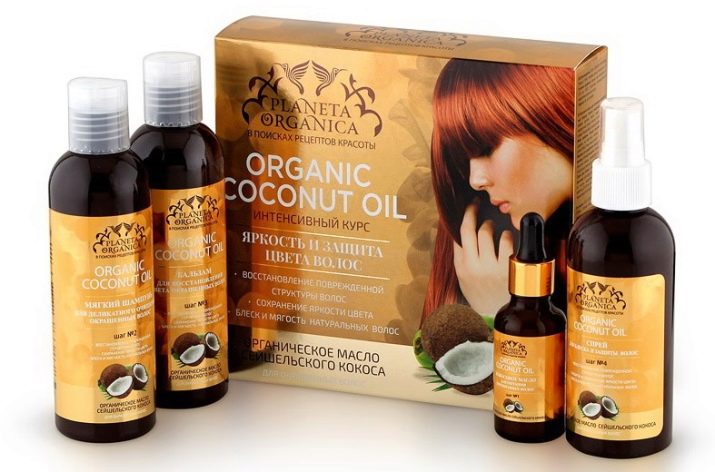
Which one to choose?
To achieve the desired cosmetological effect, it is necessary to select oils with a specific field of application. Therefore, below we will consider separately the means for the skin of the face, separately for the hair.
For face
The most commonly used and basic oils for the skin of the face in natural cosmetics are as follows.
- Linseed oil is unique in nature. It is used for food, household and cosmetic needs. It has a rich beneficial composition, which causes a wide range of effects on the skin, in particular, eliminates wrinkles, softens flaking, relieves irritation, evens out color, increases turgor, and stimulates metabolism. Flaxseed is an excellent antioxidant and bactericidal agent.
- Olive is ideal for dry, aging skin. It nourishes and has a rejuvenating effect. It is used as a base for skin care, saturating with essential oils, mixed with other natural products.
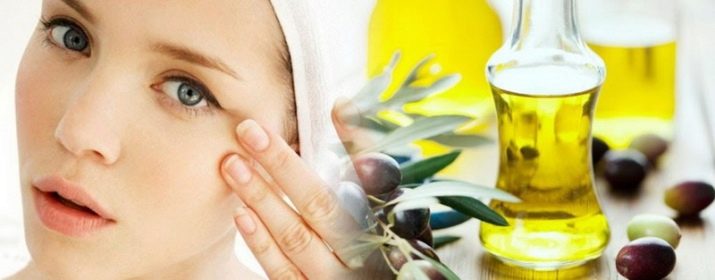
- Camphor. Eliminates skin inflammations of various types, including acne, heals micro-wounds, promotes skin regeneration, smoothes small wrinkles, and refreshes. Regulates sebum secretion, which is important for problematic oily skin.
- Peach - tones and nourishes the skin of the face due to its softening, localization of inflammatory processes, nourishes the lips, strengthens the eyelashes.
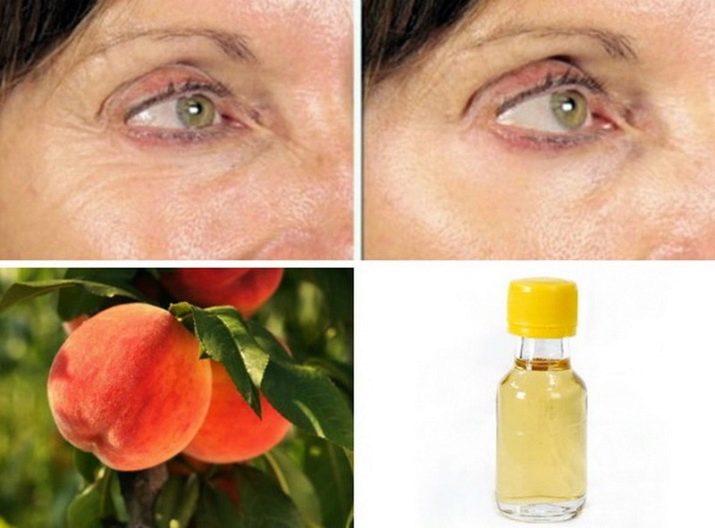
- Castor - can be used to remove makeup, while simultaneously moisturizing the face, softening and tightening the skin, and reducing puffiness under the eyes. Everything in the complex will transform the look, make the face younger. You can also use it to deal with black dots. Cosmetologists prescribe masks based on castor oil for acne and acne.
- Sesame often used as a base for sunscreens. Since it is saturated with multivitamins and acids, it has a regenerating ability, and can also cleanse, nourish and moisturize the skin, making it more elastic and youthful, and stimulates the production of collagen. If you need to eliminate irritation, itching, flaking, then you should try sesame oil.
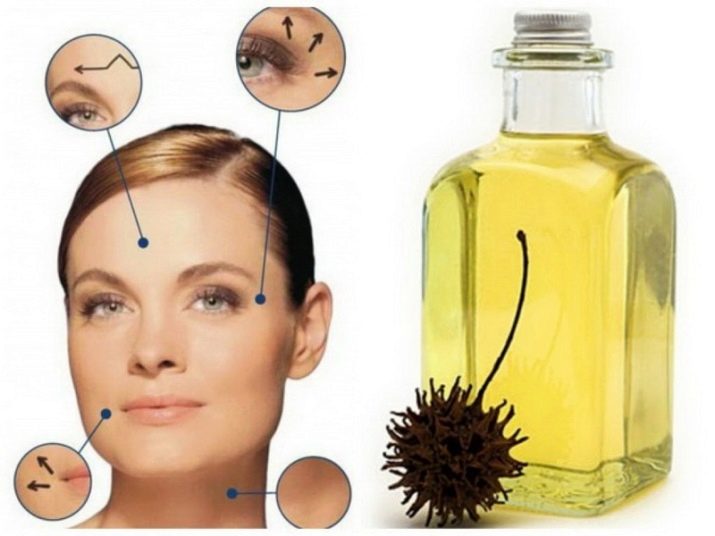
When choosing a cosmetic oil for the face, you must adhere to the following rules:
- if the skin is dry, then you should focus on fatty products that will retain moisture inside the cell, thereby preventing aging (pumpkin, coconut);
- light toning and astringent oils (black cumin, calendula) are more suitable for oily skin;
- the combined dermis requires more complex care, so it is better to choose a complex oil (ylang-ylang or grape);
- normal skin without pronounced problems requires caring cosmetics to maintain beauty and health (amaranth, calendula, jojoba);
- hypersensitive skin needs careful care, so you should opt for oils with a low degree of aggressiveness: peach, St. John's wort, almond;
- to solve teenage dermatological problems, it is recommended to stay with tea tree oil or evening primrose.
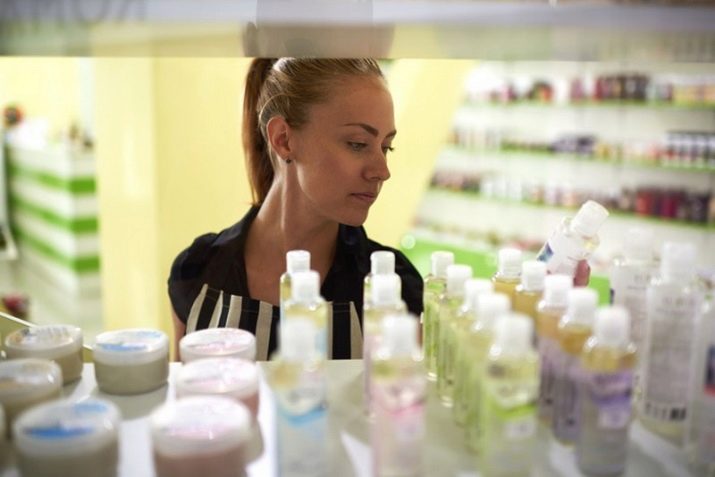
For hair
The following oils are the best choice for hair care products.
- Burdock is one of the best treatments for split ends and hair strengthening.
- Argan is an excellent solution for weak, dry hair with heat styling. The oil saturates them with moisture at the cellular level, nourishes the roots, restores damaged scalp, and soothes irritation.
- Coconut is a unique remedy for dull hair with split ends. In addition, the oil can help treat various scalp irritations.
- Castor. Strengthens the hair follicle, thickens the hair, fights seborrhea.
- Linseed. Rubbing oil into the scalp strengthens hair follicles, eliminates dandruff. The oil also moisturizes and nourishes the hair.
- From grape seeds. Recommended for oily hair at the roots, as it normalizes the functioning of the sebaceous glands.
- The sea buckthorn remedy will help restore the structure of damaged hair.
- Almond oil accelerates growth, protects against sun damage.
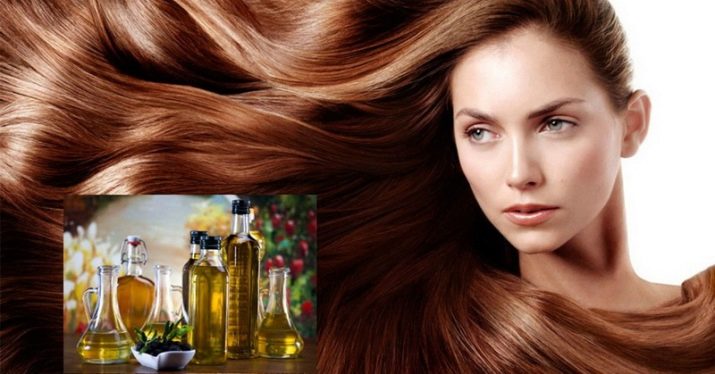
Application Tips
If a cosmetic product is used correctly, then it can effectively eliminate defects, fight them, thereby rejuvenating the face and revitalizing the hair.
The action of cosmetic oil is primarily aimed at moisturizing and nourishing the skin, preventing aging.
Cosmetologists allow them to be used on all skin types, especially those with anti-inflammatory effect. But it must be remembered that for oily skin, the use of oil should be limited so as not to cause increased activity of the sebaceous glands.
Natural oils are especially useful for evening care, applied as a mask to cleansed skin. In this case, it will play a relaxing and rejuvenating role.
In the cold season, it is advised to apply cosmetic oil instead of cream. Also, oil products are applied to the skin of the face during massage, which allows the hands to glide without tension, while a tonic and relaxing effect is achieved.
The oil is added as an additional component to hand, neck and face creams, and is also used as a base in aromatherapy.
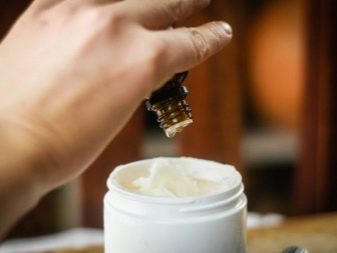
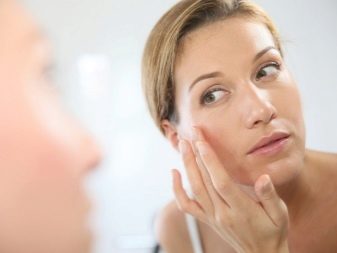
It should be remembered that hair, unlike skin, is capable of assimilating all types of cosmetic oils. They have no pores that clog, so nutrients are easily absorbed and retain moisture. Hair will not take too much. Therefore, to care for them, it is better to focus on the presence of the necessary vitamins in the composition, for example, E.
It is better to apply the oil on the head gradually, starting from the middle to the ends. On the roots, it is better to reduce the amount of oil product, allowing the scalp to produce natural fat on its own. An oily product is always applied before shampooing to reduce chemical exposure.
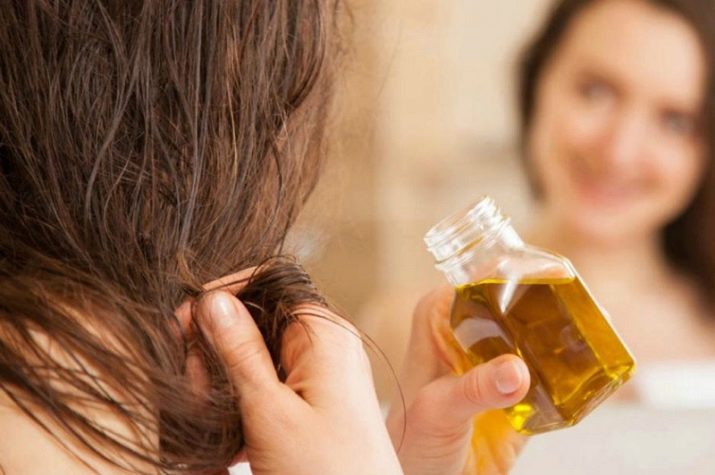
The naturalness of the oils makes it possible to use them even for people prone to allergic reactions, but it is still better to exclude any suspicion in practice. Therefore, before applying a new cosmetic product, it is necessary to test it by applying one drop to the skin of the wrist. In case of breakouts or redness, the use of oil is not recommended.
Natural oil effectively removes water-repellent cosmetics without excessive friction, which is especially important for the skin around the eyes. To do this, you should choose a product with a pronounced bactericidal, antioxidant cleaning effect.
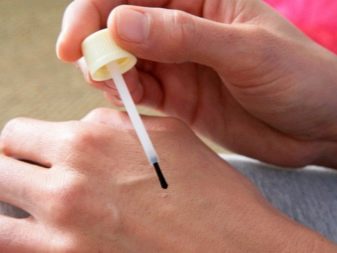
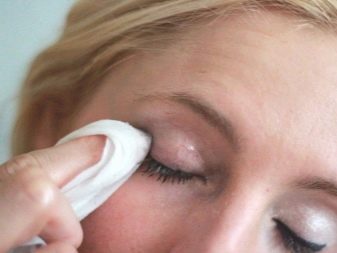
Experts note that tea tree oil is allergenic, so it is not suitable for everyone. Although it effectively fights acne, it must be used with extreme caution.
If you plan to independently combine several funds, then you must follow the following rules.
- The oil should be chosen according to the type of skin. Essential components must also comply with this rule.
- Make sure that none of the oils in the mixture are gummy. In other words, they do not activate the sebaceous glands.
- The components must reinforce each other's action.
- There should be no more than two parts with a high irritating effect.
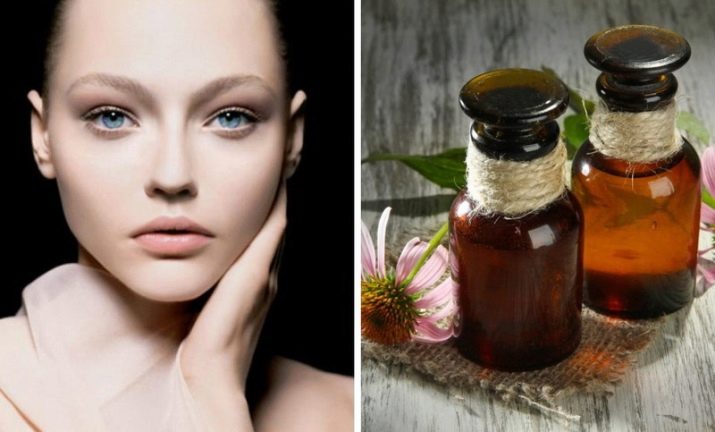
Any oil has a fatty base, which means that they to some extent close the pores, some more, some less. If there are more acne while using, then you need to either change the cosmetic product, or suspend the application. For oily skin prone to acne, the main thing is not to overdo it.
You should not buy a large package of oil from the store right away, it is better to choose a small prototype. The tool may not work for various reasons, then it will be a pity for the money spent on it. If the test is successful, then you can buy a larger volume.
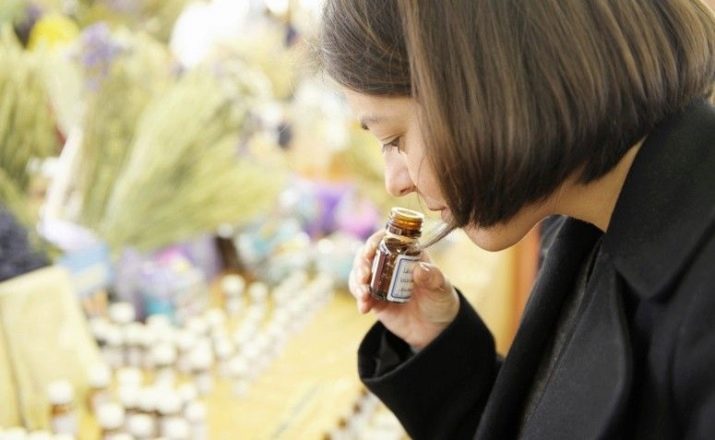
Unfortunately, natural oil cannot replace a moisturizer, since it does not penetrate into the deep subcutaneous layers. This does not negate their usefulness, nutrient saturation, and cleansing. Cosmetologists advise combining their use with high-quality creams with hyaluronic acid or glycerin, which are able to bring moisture deep under the skin.
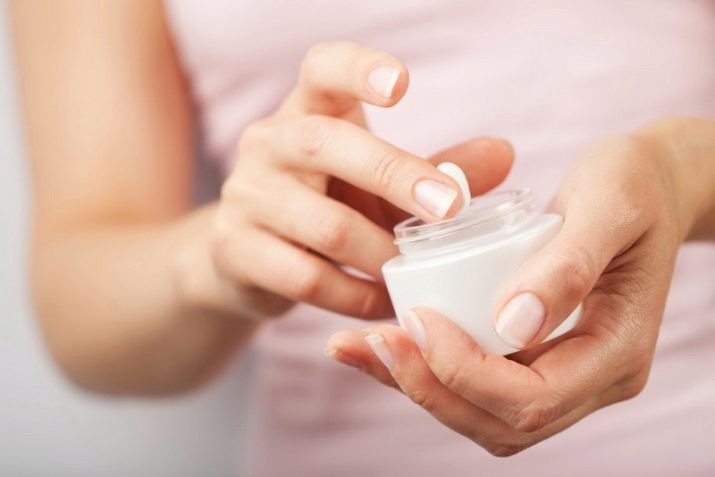
Reviews of cosmetologists
Cosmetologists urge to use natural oils very carefully. From excessive use of them, instead of cleansing, the skin will get clogged pores and strong oily content, which will cause acne. The oil is best used locally for specific purposes.
Cosmetic oil products are very useful for nourishing the skin, but experts are unanimous in the opinion that this should be done no more than twice a week. Moreover, the skin must first be prepared. The preparation procedure consists of the following steps.
- Primary cleaning of the face from dirt.
- Steaming the skin. This step is necessary to open up your pores.
- Exfoliation. For these purposes, a scrub or gentle peeling is used. The procedure will open up access to the deeper subcutaneous layers.
- Cleaning with tonic. At this stage, the pH is leveled.
- Oil application.
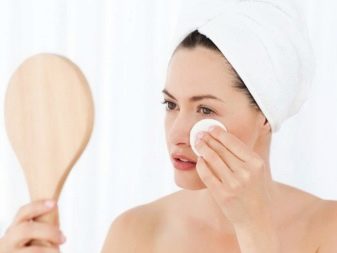
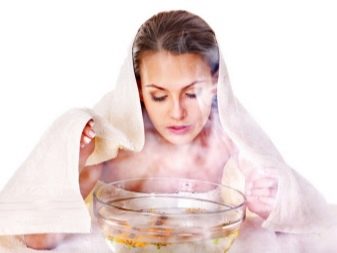
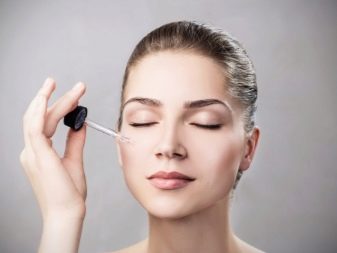
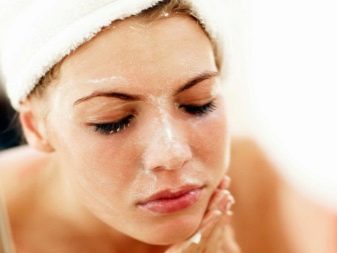
Natural oils cannot completely replace care creams, they only complement them.
For information on how to choose the oil for your skin type, see the next video.








